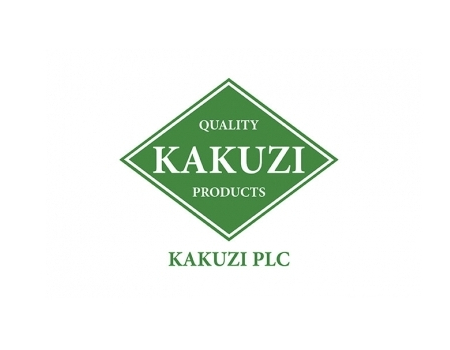Kakuzi Plc, a dominant player in the tea, avocado, & macadamia business, nearly doubled its net profit to reach KSh 713.4 million.

Kakuzi Plc, a dominant player in the tea growing business, nearly doubled its net profit to KSh 713.4 million at the close of financial year ended 31st December, 2019. This is compared to KSh 481.6 million net profit recorded the previous year.
The Group’s balance sheet grew in size from KSh 5.6 billion to KSh 6.2 billion in 2019 while pre-tax profit increased from KSh 684.1 million to KSh 1.01 billion.
Kakuzi, which also owns vast avocado and macadamia orchards, attributes its impressive performance to good prices and high demand for avocado and macadamia nuts on the international market where it operates.
Kakuzi’s contracted small-scale avocado farmers who supplied it with the fruit. The farmers were paid KSh 93 million, which is 85per cent of the firm’s net returns.
The firm was able to ride on high demand for avocado and good prices on the international market that was experiencing tight supplies.
Low volumes from Australia and high demand from China and the European Union (EU) enabled Kakuzi to fetch good prices for its macadamia nuts.
Its financial statements indicate that the firm’s earnings per share increased (EPS) increased from KSh 36.40 per share in 2019 compared to KSh 24.57 in 2018. Subject to shareholder nod, Directors have recommended a dividend payment of KSh 14.00 per share compared to KSh 9.00 paid out in 2018. This will push total dividends paid from KSh 176.4 million in 2018 to KSh 274.4 million in 2019.
In its overview, Kakuzi said profitability of its tea business suffered tough business conditions, including agitation by unions, which spiked its labour costs.
Kakuzi is scheduled to hold its Annual General Meeting (AGM) on 9th June 2020 at 12.00 Noon at Nairobi’s Serena Hotel.
“Kakuzi’s cashflow and balance sheet remain strong and in a good position with which to continue its strategic investment plans,” said Mr. G. H Mclean, Chairman of the Board.
With disruptions in global supply chains due to the COVID-19, Mr Mclean warns that Kakuzi, which has its main markets overseas, is unable to make certain its future projections for 2020.
Kakuzi’s forestry operations saw a slight decline in sales of treated poles although sawn timber sales were up on the previous year on the back of firm demand. Sales from Kakuzi’s roadside shops continue to do well.
The firm runs a livestock wing, with herd numbers estimated at 4,400 at the end of 2019. Looking ahead, Kakuzi plans to increase the size of its avocado plantations. It will also resume planting new macadamia fruits, to comprise 30 percent of its total operations. The use of irrigation on its plantations, is also on the cards, in order to mitigate the effects of adverse weather conditions.
Kakuzi also plans to grow its beef and hay business, propelled by prevailing strong market demand and its desire to contribute to Kenya’s food security.

